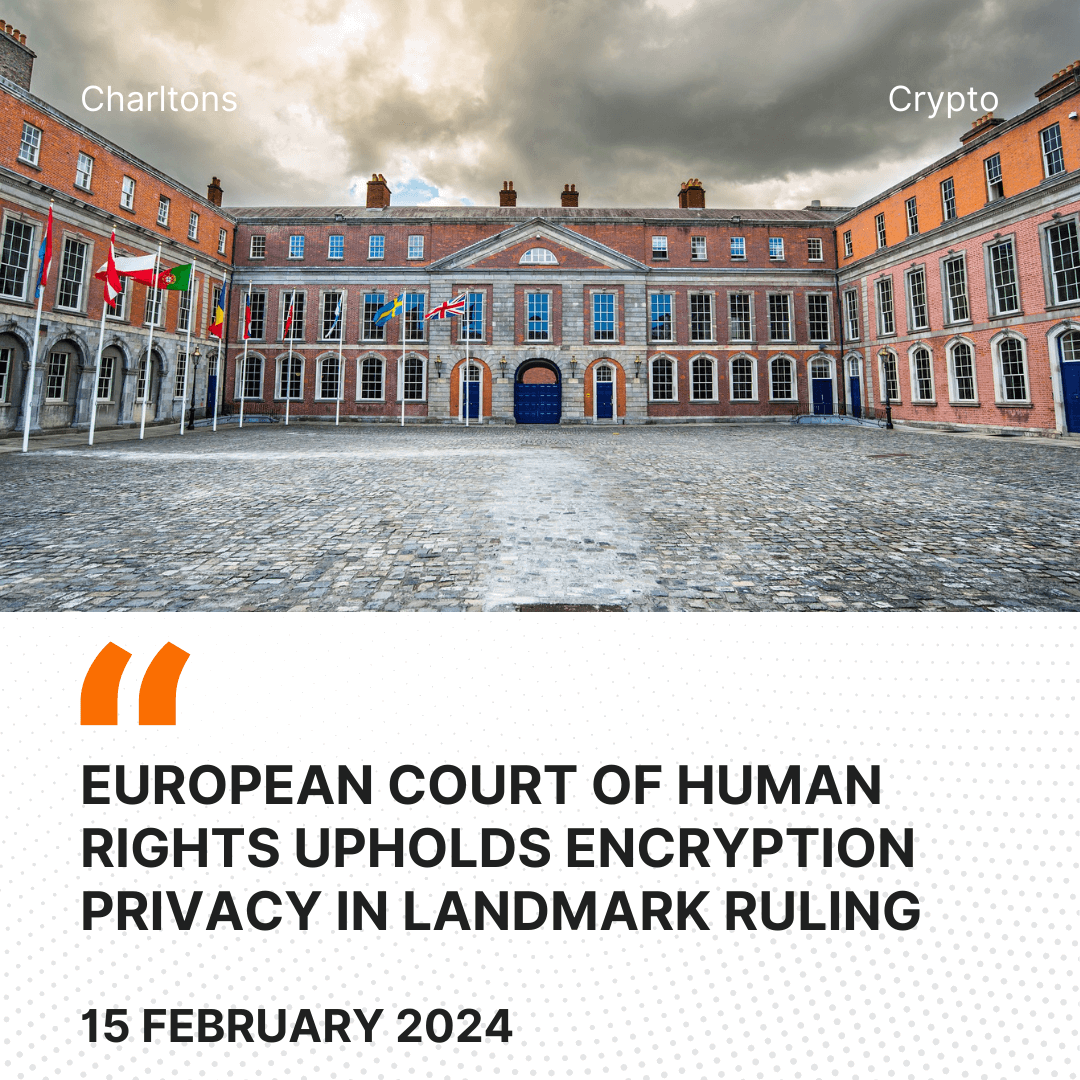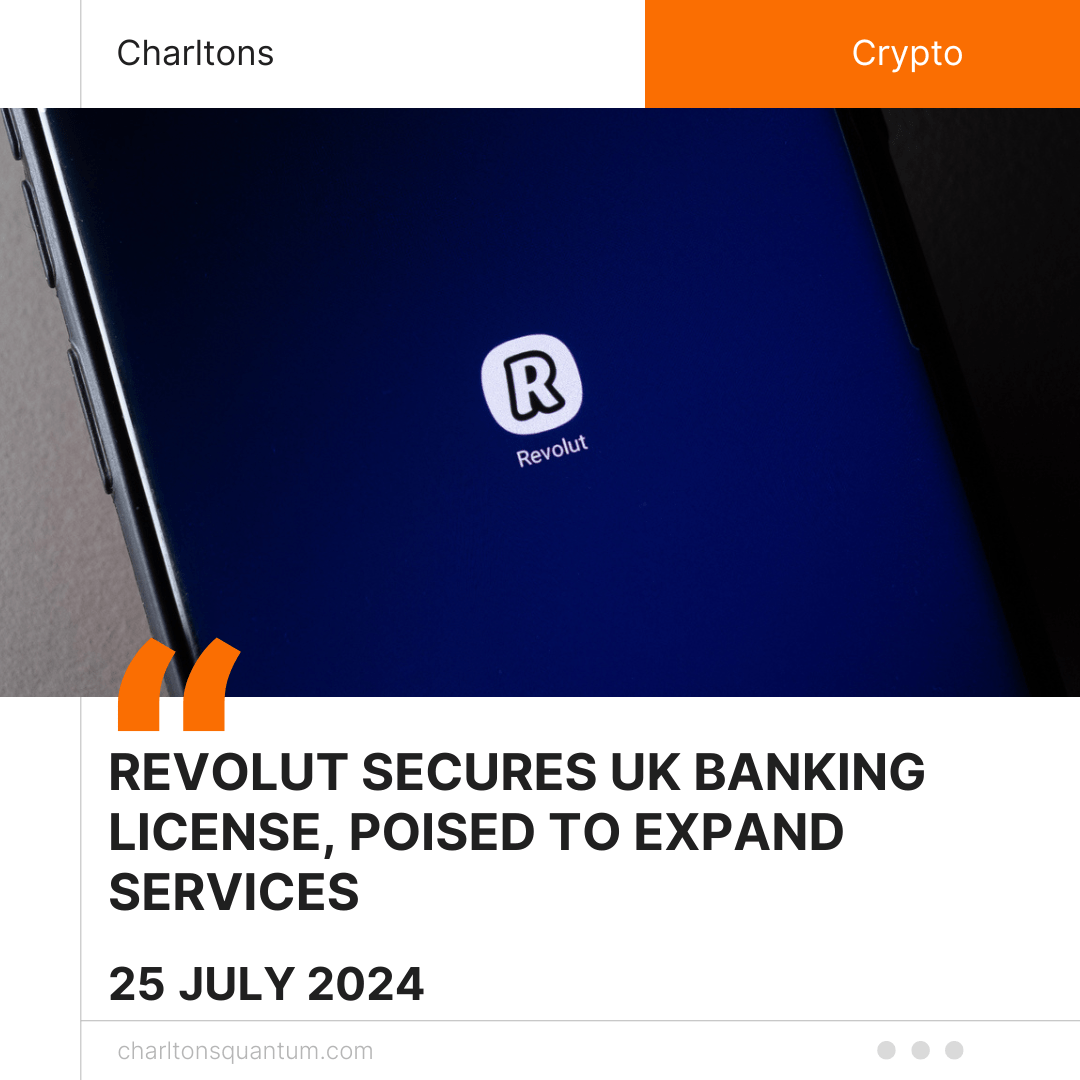
The European Court of Human Rights has ruled against the demand for decryption of end-to-end encrypted (E2EE) messages in a case involving Telegram, emphasizing that creating backdoors to such services would threaten freedom of expression and expose innocent users to privacy breaches. The judgment, issued on Feb. 13, favored Telegram user Anton Podchasov, who contested his government’s request to decrypt messages sent via the app’s encrypted “secret chat” feature. The court highlighted that while encryption may be used by criminals to evade law enforcement, compromising encryption for everyone would endanger individuals’ rights while enabling indiscriminate surveillance. The ruling underscored the importance of encryption in safeguarding privacy and freedom of expression, emphasizing alternative methods for monitoring encrypted communications that don’t require encryption backdoors.
The importance of encryption in protecting privacy and freedom of expression, rejecting demands for decryption backdoors in end-to-end encrypted messaging services is paramount to an individual’s rights. The ruling reaffirms the fundamental rights of individuals and underscores the potential risks associated with compromising encryption for the sake of law enforcement access.





